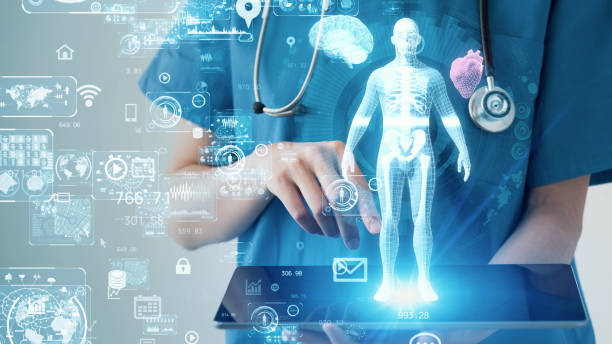
AI Revolution in Medical Science
Artificial Intelligence (AI) is transforming the medical field by enhancing diagnosis, treatment, and patient care. From AI-powered imaging systems to predictive analytics, AI is improving healthcare outcomes and efficiency. AI-driven algorithms help detect diseases such as cancer at an early stage, enabling timely intervention and treatment.
Moreover, AI is streamlining hospital operations by optimizing patient flow and reducing wait times. It also assists in managing electronic health records (EHR), reducing administrative burdens on healthcare professionals, and allowing them to focus more on patient care.
Key Contributions of AI in Healthcare
- Medical Imaging: AI enhances accuracy in detecting diseases through MRI and CT scans.
- Drug Discovery: AI accelerates the development of new medicines and treatments.
- Robotic Surgery: AI-assisted robots improve precision in complex surgeries.
- Personalized Treatment: AI tailors treatments based on patient data and history.
- Virtual Health Assistants: AI-driven chatbots and assistants provide medical guidance 24/7.
- Predictive Analytics: AI helps in forecasting disease outbreaks and trends, aiding in preventive healthcare measures.
Future of AI in Medical Science
With continuous advancements, AI is expected to revolutionize healthcare further by improving diagnostics, automating administrative tasks, and enhancing patient outcomes. Ethical considerations and data privacy remain critical aspects in AI integration.
In the future, AI is expected to provide real-time data analysis for doctors, improving decision-making accuracy. Furthermore, AI-driven robotics will enhance elderly care by providing companionship and monitoring health conditions efficiently. The integration of AI in medical research will speed up clinical trials and help discover groundbreaking treatments faster.
